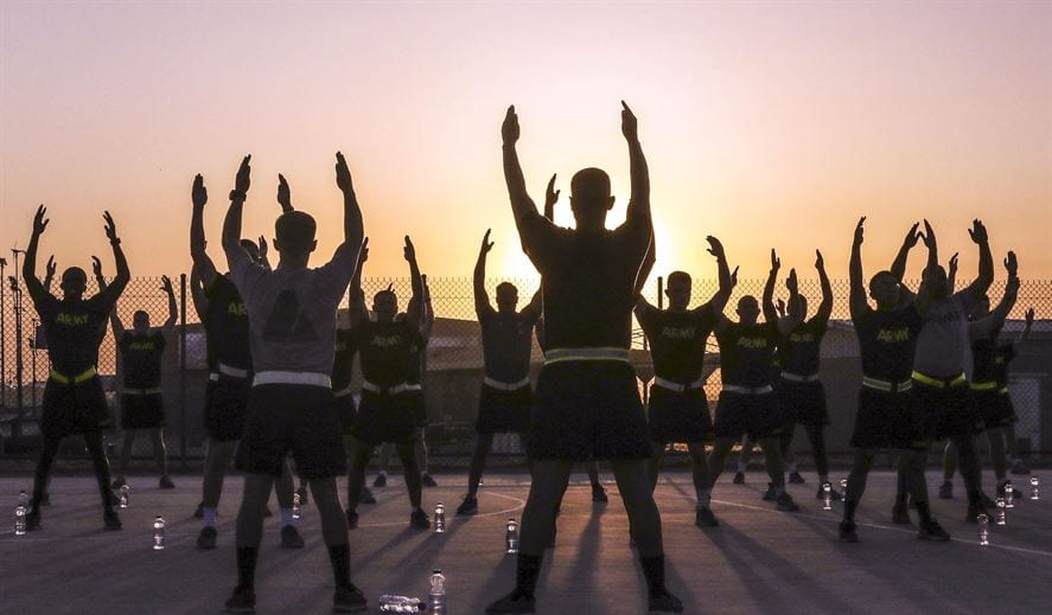WASHINGTON – Rep. Vicky Hartzler (R-Mo.) said the U.S. military should be able to deny transgender individuals from serving for the same reasons it prohibits people with asthma, flat feet or diabetes from serving.
She told a story about a constituent who wanted to serve in the armed forces but was rejected entry due to asthma.
“The health risks outweighed the benefits to the military and precluded his service,” she said during a “Keeping Our Military Ready” event at the Family Research Council last week. “Having gender reassignment surgery prevents military members from deploying for up to 267 days for surgery alone and it costs the taxpayers billions. Certainly, to be consistent and fair, this medical condition should be precluded as well.”
In July, Hartzler proposed an amendment to the National Defense Authorization Act (NDAA) that would have prevented taxpayer dollars from being used to pay for gender reassignment surgery for transgender service members. The amendment ultimately did not pass.
Hartzler, a member of the House Armed Services Committee, argued that opening military service to transgender individuals is not the same as allowing gays to serve.
“This is a false comparison as there are many differences. Homosexuality does not require medical diagnosis. Homosexuals do not require billions of dollars in unproven treatments, they do not require surgeries that could render them non-deployable for up to 267 days and their inclusion does not require people with the opposite anatomy to use the same intimate facilities – that argument, I think, is false,” she said.
Hartzler rejected the argument that women should not be allowed to serve in the military if transgender individuals are denied entry because they’re “non-deployable” when they are pregnant.
“What an absurd comparison. The military could not function without women. Approximately 15 percent of the active force is female, which equates to almost 200,000 members – that’s significantly more than the projected 15,000 transgender members that are part of the military. Also, pregnancy is a temporary condition that the medical community has dealt with since the beginning of humanity,” she said.
“There is a known cost to pregnancy and there is a known benefit from female service and the same cannot be said for the transgender treatments,” the congresswoman added. “The required care for pregnant females is well outlined and proven, unlike transgender treatment.”
Hartzler said the RAND Corp. study that preceded the Obama administration’s decision to allow transgender military members to serve openly “concedes” that there is a “lack of evidence” on the effectiveness of transgender treatment as well as a lack of “well-documented costs” for treatment.
“They know with 100 percent certainty that readiness will suffer due to required treatment for transgender individuals,” she said.
In July, President Trump announced the reversal of the Obama-era policy change that allowed transgender individuals to serve in the military. A federal judge on Monday blocked parts of Trump’s memorandum regarding enlistment and whether current transgender service members would be allowed to stay in the military. Judge Colleen Kollar-Kotelly ruled that the plaintiffs who filed suit against Trump’s directive “have established that they will be injured by these directives, due both to the inherent inequality they impose, and the risk of discharge and denial of accession that they engender.”
Hartzler expects Defense Secretary James Mattis, who delayed implementation of Trump’s order until a Pentagon study yields recommendations, to eventually “fully repeal” the policy.
“I’m very hopeful that he will carry it out,” she said.
To make the reversal permanent, she said lawmakers could attempt to insert language into the next National Defense Authorization Act (NDAA).
“We’ll have to see if that’s viable. We lost the vote in the House for just prohibiting the surgeries by five votes but we had seven Republican members who were absent, and so we’ll just have to weigh that as we move forward,” she said.









Join the conversation as a VIP Member